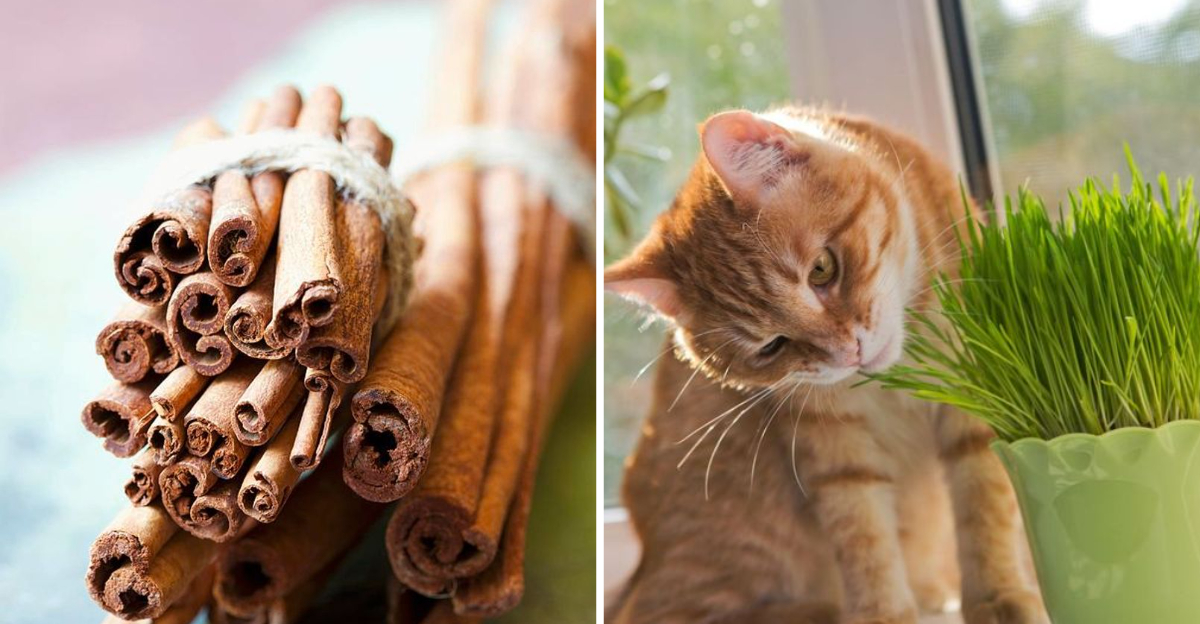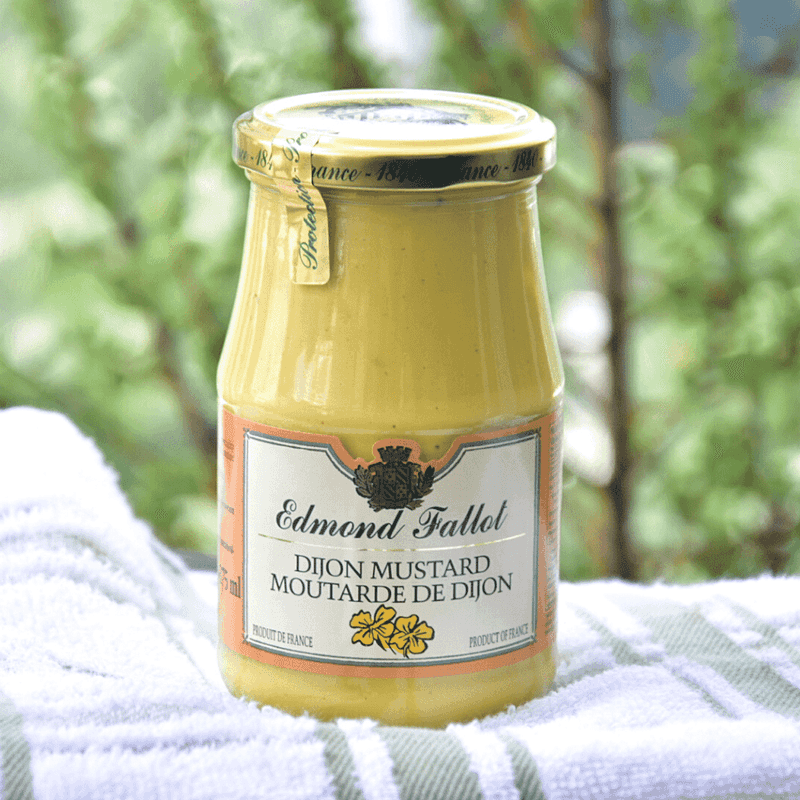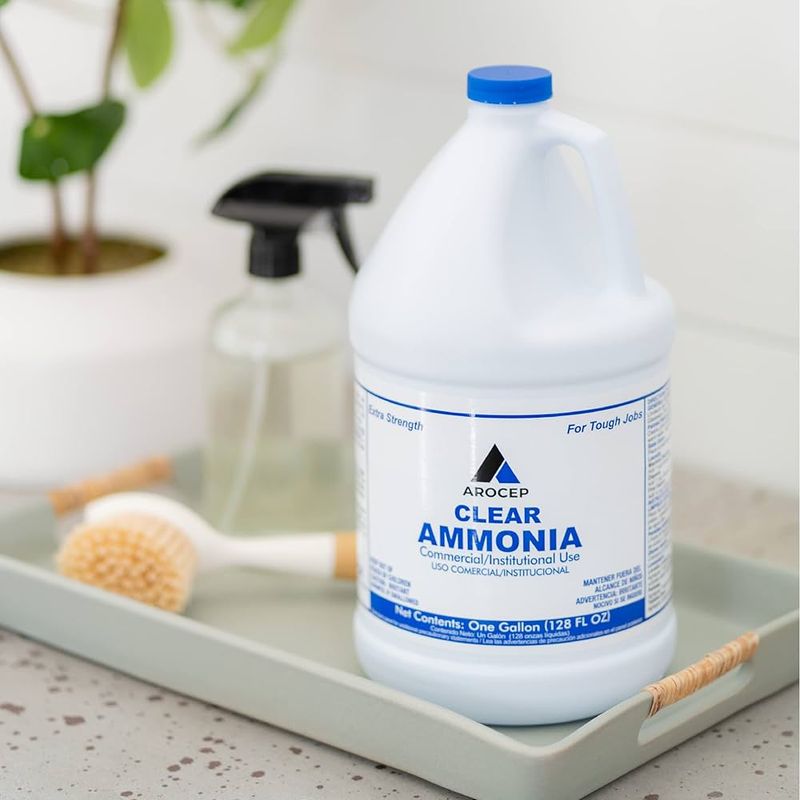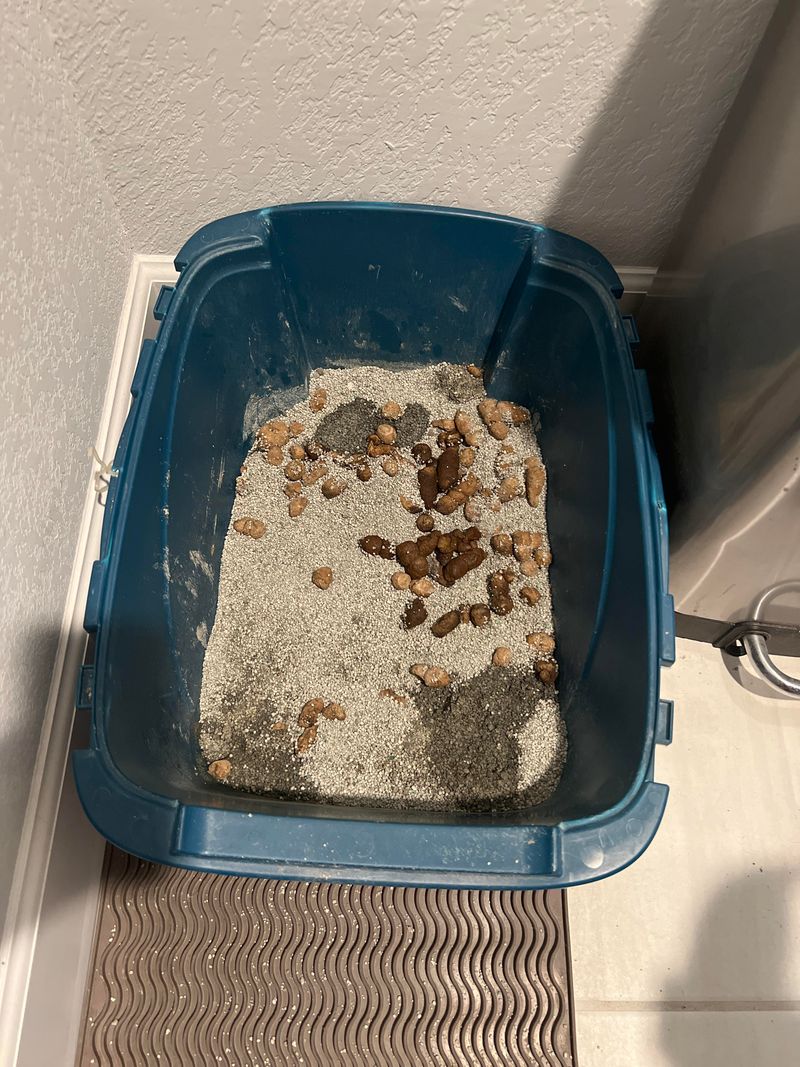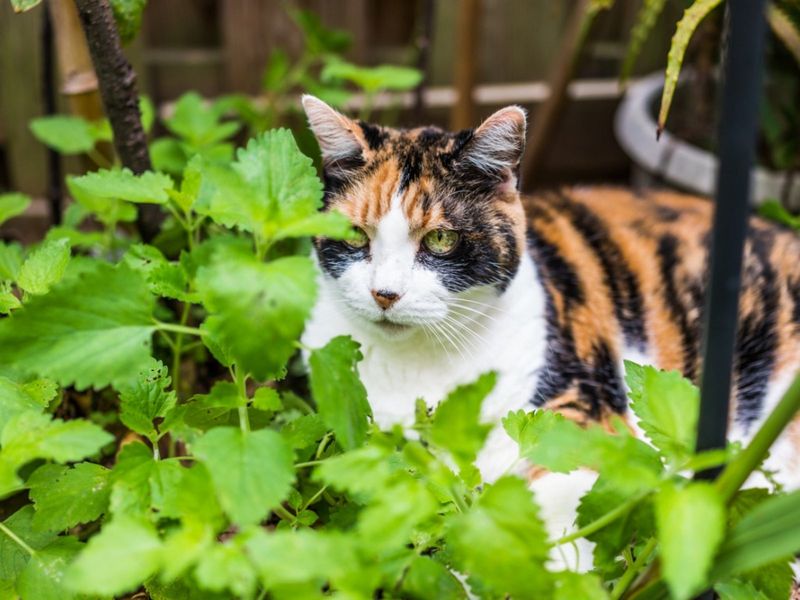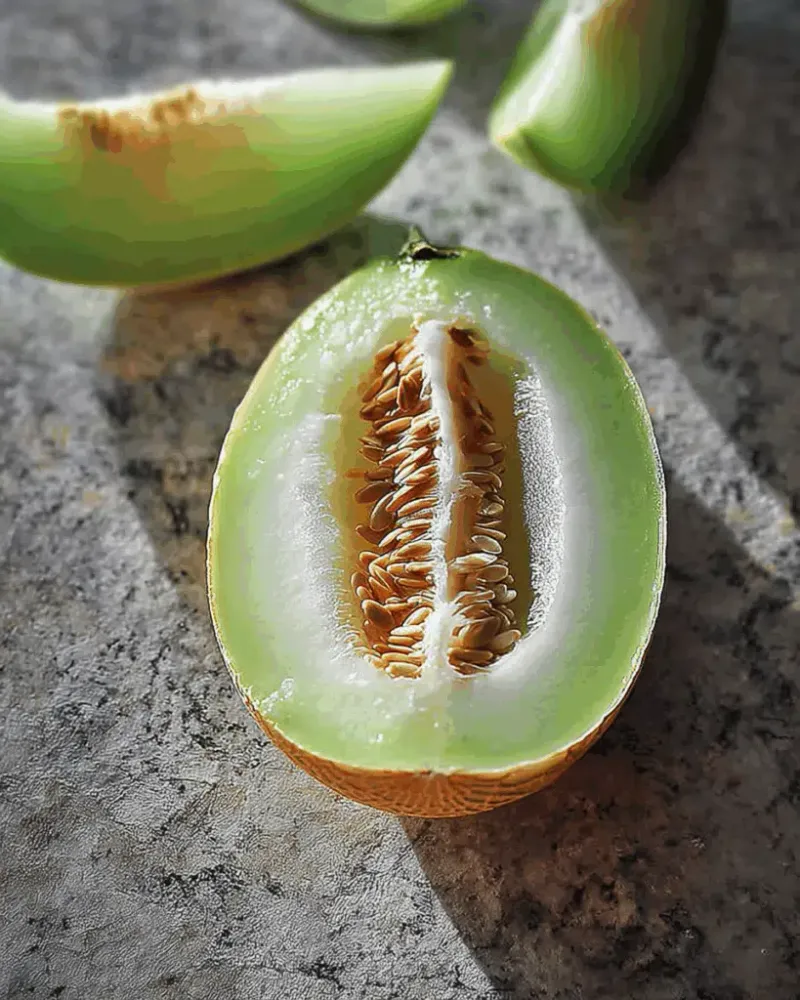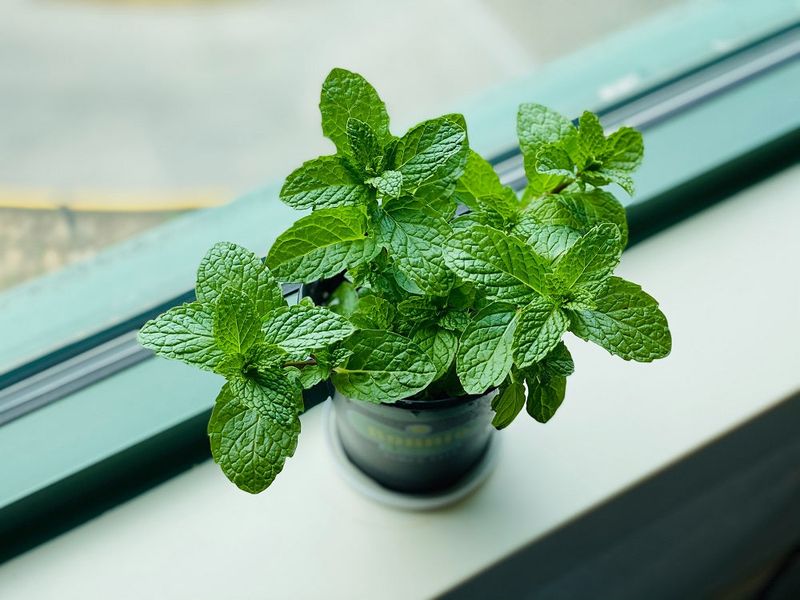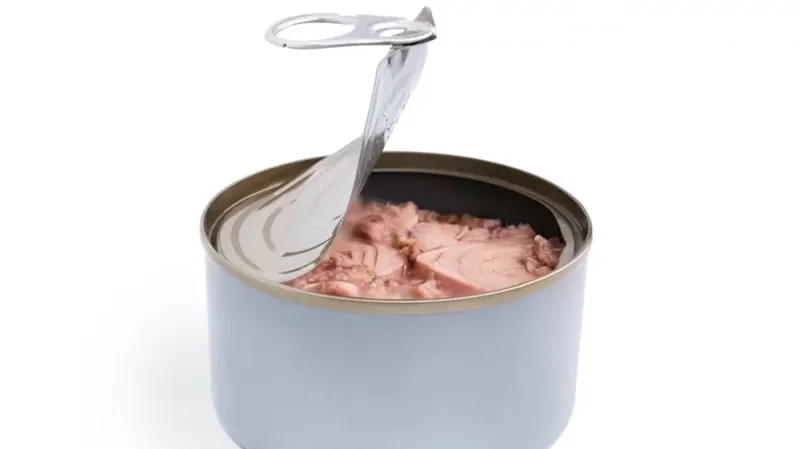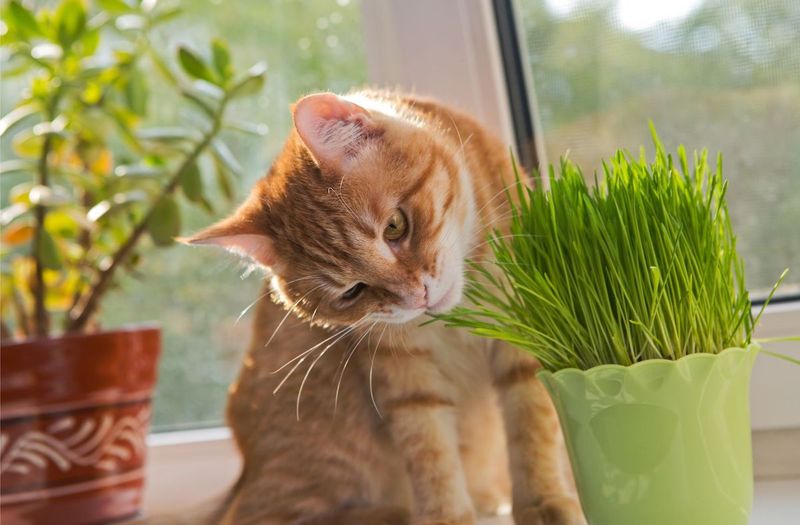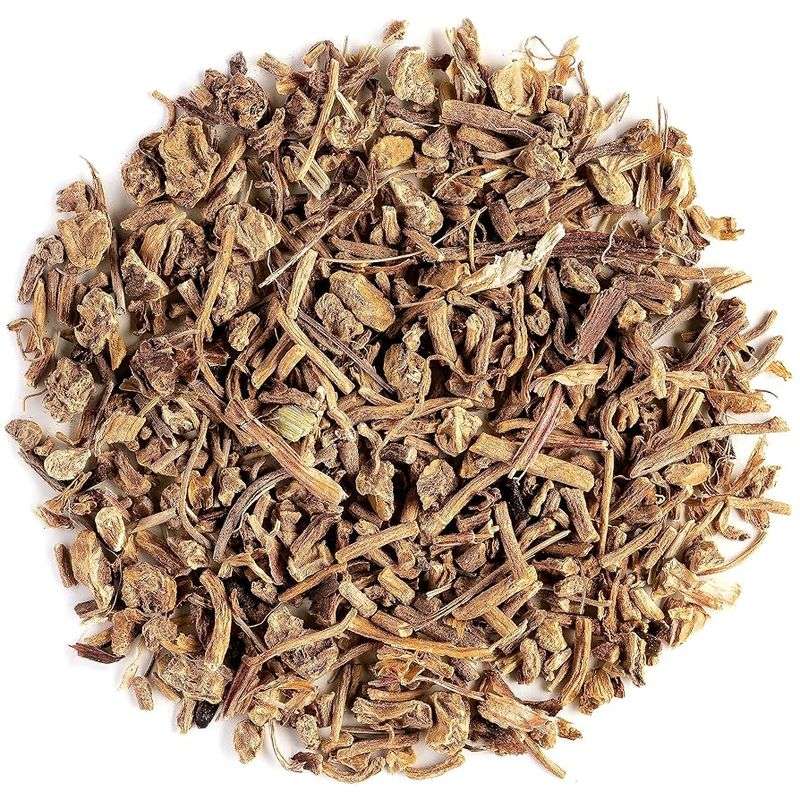📖 Table of Content:
- 1. Citrus Fruits
- 2. Vinegar
- 3. Onion and Garlic
- 4. Eucalyptus
- 5. Lavender
- 6. Peppermint
- 7. Cinnamon
- 8. Pine
- 9. Coffee
- 10. Banana
- 11. Mothballs
- 12. Mustard
- 13. Perfumes and Colognes
- 14. Ammonia
- 15. Dirty Litter Box
- 16. Spoiled Food
- 17. Cinnamon Scented Candles
- 18. Catnip
- 19. Rosemary
- 20. Chocolate
- 21. Honeydew Melon
- 22. Pineapple
- 23. Mint
- 24. Cat’s Favorite Smell – Tuna
- 25. Cat’s Favorite Smell – Olive
- 26. Cat’s Favorite Smell – Cat Grass
- 27. Cat’s Favorite Smell – Chicken
- 28. Cat’s Favorite Smell – Valerian Root
Cats have an incredible sense of smell, and while some scents are irresistible to them, others are absolutely intolerable. Their olfactory preferences are fascinating and are often linked to their survival instincts and natural inclinations. Understanding which smells cats hate and which they love not only helps in creating a comfortable environment for them but also strengthens the bond between cats and their owners. Here are 23 smells that cats can’t stand and 5 scents they adore, explained in an engaging and entertaining way.
1. Citrus Fruits
A whiff of citrus can send your cat dashing out of the room. The strong, tangy scent of oranges, lemons, and limes is overwhelming to their sensitive noses. Cats have a heightened sense of smell and the acidic odor of citrus is far too sharp for them to handle. This aversion is thought to stem from the natural deterrent properties of citrus, which can be used to keep cats away from certain areas. So, if you want some feline-free zones, a citrus spray might just do the trick.
2. Vinegar
Vinegar’s pungent aroma can be unbearable for cats. Its acetic acid content produces a sharp smell that is off-putting to their delicate senses. This sour scent is often used in household cleaning, which might explain why some cats steer clear of freshly cleaned areas. While humans might find vinegar’s smell tangy and refreshing, to cats, it’s an overwhelming assault on their olfactory system. If you’re looking to deter cats from certain spots, a diluted vinegar solution can be an effective, natural repellent.
3. Onion and Garlic
If you’ve ever been chopping onions or garlic, you might notice your cat fleeing the scene. These kitchen staples release allicin when chopped, a compound with a potent aroma that cats find repulsive. The smell is not only obnoxiously strong but can be harmful if ingested. Cats’ aversion to onions and garlic could be nature’s way of protecting them from these potentially toxic foods. While these vegetables add flavor to our dishes, they are best kept out of your cat’s reach to avoid any unwanted sniffles or worse.
4. Eucalyptus
Eucalyptus may offer a soothing sensation to humans, but for cats, its smell is far from calming. This aromatic plant contains eucalyptol, an essential oil that cats find entirely disagreeable. Eucalyptus oil is often used in aromatherapy and as a natural remedy, but its strong scent is something your feline friend might not appreciate. Furthermore, eucalyptus can be toxic to cats if ingested, so it’s best to use it with caution in any household shared with a cat. A relaxing experience for you might mean a stinky one for your pet.
5. Lavender
The sweet, floral aroma of lavender is adored by many, yet it’s not so beloved by cats. While humans may find its scent soothing and relaxing, cats often find it overpowering. The essential oils in lavender can be a deterrent for cats, which could be nature’s way of alerting them to its potential toxicity. Though lavender is frequently used in products meant to calm, its effect on cats is quite the opposite. Keep this in mind if you’re a lavender enthusiast living with a feline companion.
6. Peppermint
Peppermint’s refreshing and cool scent might be invigorating to humans, but for cats, it’s a smell they can’t stand. The menthol in peppermint is particularly strong for a cat’s sensitive nose, making it a scent they’ll likely avoid. Cats may associate the minty aroma with the chemical compounds found in some harmful plants, leading them to steer clear. Although peppermint is often used for its calming effects on humans, it has quite the opposite impact on our feline friends. For a cat-friendly environment, it’s best to use peppermint sparingly.
7. Cinnamon
The warm, spicy scent of cinnamon might evoke holiday cheer for humans, but it’s a different story for cats. Cinnamon contains cinnamaldehyde, an organic compound that gives it its distinctive smell, but can be irritating to a cat’s sensitive nose. While not toxic, the strong scent is usually enough to keep a cat at bay. So, as you sprinkle cinnamon in your coffee or bake a pie, consider your feline’s olfactory comfort. Too much cinnamon can overwhelm their senses, turning a cozy smell into an intolerable one.
8. Pine
Pine is synonymous with freshness and cleanliness, but for cats, it’s a scent they can do without. The terpenes found in pine give it a strong, aromatic fragrance that can be overwhelming to a cat’s nose. While pine is commonly used in cleaning products and air fresheners, its intensity might not sit well with your feline friend. Cats’ natural aversion to strong smells can make them avoid areas where pine is prevalent. Despite its crisp, refreshing scent for humans, pine is best used sparingly in a cat’s environment.
9. Coffee
Coffee’s rich aroma is a delight for caffeine lovers but a less pleasant experience for cats. The strong, bitter scent of coffee beans is overpowering to their sensitive noses. While humans enjoy the invigorating aroma that accompanies their morning brew, it’s a smell that cats prefer to avoid. The compounds in coffee, particularly caffeine, are also toxic to cats, so their aversion may be an instinctive protective mechanism. Keeping your coffee area cat-free ensures a happier, safer environment for your feline friend.
10. Banana
Bananas might be a favorite snack for many, but their scent is not particularly pleasing to cats. The ethyl acetate in bananas emits an odor that is unpleasant to a cat’s sensitive nose. While the scent is mild to us, it’s surprisingly intense for them. Some believe that the banana’s smell mimics the scent of chemical compounds that cats naturally avoid. If you’re enjoying a banana, don’t be surprised if your cat gives it a wide berth. This fruit is one aromatic experience they would rather skip.
11. Mothballs
Mothballs are not only effective at keeping moths away but also repel cats with their distinct odor. The chemical naphthalene found in mothballs produces a sharp, intense smell that cats find highly unpleasant. This aversion is not only due to the overpowering scent but also because mothballs are toxic to cats if ingested. Using mothballs around the home as a cat deterrent should be done with caution, ensuring they are kept out of reach of curious feline paws. A mothball-scented environment is one your cat will avoid at all costs.
12. Mustard
Mustard’s tangy aroma might spice up your meal, but it certainly won’t entice your cat. The strong, pungent smell is off-putting to cats, making mustard a scent they steer clear of. The compounds in mustard, particularly the mustard oil, can be irritating to a cat’s sensitive nose. While this condiment may enhance your sandwich, it’s one smell your cat would rather avoid. If you’re picnicking with your feline friend, you might want to keep the mustard jar closed to keep them comfortable and relaxed.
13. Perfumes and Colognes
The luxurious scent of perfumes and colognes can be intoxicating to humans but overwhelming to cats. These fragrances often contain multiple aromatic compounds that are simply too strong for a cat’s sensitive nose. The lingering smell of a spritzed perfume can cause a cat to keep its distance, avoiding the area until the scent dissipates. Even though perfumes are meant to be pleasing, they can create an uncomfortable environment for your feline companion. To maintain a harmonious home, it’s best to apply these scents away from your cat’s favorite lounging spots.
14. Ammonia
Ammonia’s harsh, acrid smell is a natural deterrent for cats. Found in many cleaning products, ammonia’s potent scent mimics that of urine, which can cause confusion and discomfort for cats. The strong chemical aroma can be irritating, prompting cats to avoid areas where ammonia is used. While ammonia is effective for cleaning, its smell is too powerful for a cat’s sensitive nose. If you use ammonia-based cleaners, ensure the area is well-ventilated to prevent any olfactory distress for your feline friend.
15. Dirty Litter Box
A dirty litter box is more than just smelly – it can be intolerable for cats. With keen noses, cats are particular about their bathroom habits, and the lingering smell of urine or feces in a litter box can send them seeking alternative places to relieve themselves. Regularly cleaning out the litter box not only improves the smell but also ensures your cat feels comfortable using it. When the litter box is neglected, it can become a major source of distress for your feline, emphasizing the importance of cleanliness.
16. Spoiled Food
The rancid scent of spoiled food is universally unpleasant, but to a cat, it’s utterly unbearable. Cats’ heightened sense of smell makes them acutely aware of rotting odors, which can trigger an instinctive aversion. Spoiled food emits gases and chemicals that can be harmful if ingested, and cats’ natural avoidance is a protective measure. Regularly disposing of old food and maintaining a clean eating area ensures your cat’s nose is met with pleasant aromas rather than offensive stenches. A clean environment is key to a happy cat.
17. Cinnamon Scented Candles
Cinnamon-scented candles might evoke a sense of warmth and festivity for humans, but for cats, they can be overpowering. The strong fragrance released by the candle mixes with the smoke, creating a scent that can irritate a cat’s sensitive nose. While the candle’s glow adds ambiance, the aroma might be too much for a cat to handle. Consider unscented options or different fragrances if you’re looking to maintain a cozy atmosphere without overwhelming your feline friend. Their comfort is as important as the holiday spirit.
18. Catnip
Catnip might seem like an odd entry on a list of smells cats can’t stand, but not all cats are enamored by it. While some cats go wild for catnip’s nepetalactone, others are completely indifferent or even repelled by its earthy aroma. This genetic variation results in mixed reactions. For those cats that don’t respond to catnip, the smell can be just another plant in the garden. If your cat doesn’t seem interested, there are plenty of other scents they may find more appealing, as individual preferences vary.
19. Rosemary
Rosemary’s aromatic scent might enhance the flavor of your cooking, but it can be a bit too much for cats. The pungent, woody aroma of rosemary contains essential oils that cats tend to avoid. While not harmful, the smell is strong enough to keep curious cats away from your herb garden or kitchen counter. If you’re an avid cook or gardener, consider planting rosemary in areas less frequented by your feline companion to ensure both your plant and your cat live harmoniously. Their sensitive noses will thank you.
20. Chocolate
The rich, indulgent aroma of chocolate might make your mouth water, but it’s far less appealing to a cat. Chocolate contains theobromine and caffeine, both toxic to cats, which might explain their natural aversion. While humans revel in the sweet, enticing scent, cats instinctively avoid it as a safety measure. Keeping chocolate out of reach avoids tempting fate with your feline friend, ensuring their environment remains hazard-free. While chocolate might be a treat for you, it’s best to indulge away from your curious cat.
21. Honeydew Melon
The sweet, mild aroma of honeydew melon might make a delightful summer snack for humans, but it’s not a favorite among cats. The subtle fragrance of this fruit is one they find uninspiring or even off-putting. Cats’ carnivorous tendencies mean their scent preferences often favor meat-based aromas over sweet, fruity ones. While the fruit’s smell is gentle to us, it’s just peculiar enough to be avoided by your feline friend. If you’re enjoying a melon snack, your cat may prefer to sniff elsewhere.
22. Pineapple
The tropical scent of pineapple is a refreshing delight for many, but not for cats. The sweet, tangy aroma is often too intense for their sensitive noses. While humans enjoy the fruity fragrance as a taste of the tropics, cats are more likely to steer clear of this pungent scent. Pineapple’s unique smell might appeal to us, yet it serves as a natural deterrent for cats. If you’re slicing up a pineapple, don’t be surprised if your feline friend gives it a wide berth.
23. Mint
The crisp, cool aroma of mint is refreshing for humans but offensive to cats. The menthol in mint produces a strong scent that cats find unappealing, reminiscent of the chemical compounds in certain plant oils that they naturally avoid. While mint adds a fresh touch to culinary dishes or beverages, its aroma can be too much for a cat’s delicate nose. Keeping mint plants or mint-scented products away from common cat areas ensures a more comfortable home environment for your feline companion.
24. Cat’s Favorite Smell – Tuna
The briny, fishy aroma of tuna is a scent that most cats can’t resist. This enticing fragrance is packed with the promise of a tasty treat, often making it a favorite for feline palates. Tuna’s intense scent aligns perfectly with a cat’s predatory instincts, drawing them in with its rich, meaty promise. Cats may come running at the mere hint of a tuna can being opened, eager for a taste. This scent is a reminder of their wild ancestors and their love for fish, making tuna a beloved smell in the feline world.
25. Cat’s Favorite Smell – Olive
Olive’s unique, earthy aroma is often adored by cats, igniting a playful response. The compound oleuropein found in olives can have a catnip-like effect on some felines, encouraging them to roll around or rub against anything infused with the smell. This unexpected love for olives can lead to amusing antics, as cats might swat at or chase olives around. While olive oil and the fruit itself are generally safe for cats in small amounts, their appeal as a scent is notable. For many cats, the smell of olives is simply irresistible.
26. Cat’s Favorite Smell – Cat Grass
Cat grass, often a blend of wheat, oat, or barley, is a scent that many cats find appealing. The fresh, green fragrance of cat grass can entice cats to nibble, fulfilling their natural urge to chew on plants. This wholesome smell is associated with an enjoyable sensory experience, as cats engage with the grass. Offering cat grass not only provides olfactory pleasure but also aids digestion and satisfies instinctual needs. Its sweet, grassy aroma is a favored scent for felines, creating a harmonious addition to their indoor environment.
27. Cat’s Favorite Smell – Chicken
The savory aroma of roasted chicken is an instant attraction for most cats, reminiscent of their natural diet. This meaty scent fills the air with an inviting promise of a hearty meal, appealing to a cat’s carnivorous instincts. Cats may linger around the kitchen, hoping for a taste of the flavorful dish. The smell of chicken often sparks excitement and anticipation, capturing a feline’s attention with ease. Whether it’s roasting in the oven or cooling on the counter, chicken is a beloved scent for cats, synonymous with delicious satisfaction.
28. Cat’s Favorite Smell – Valerian Root
Valerian root offers an earthy, musky aroma that attracts cats, often eliciting a euphoric response. The smell is similar to catnip for some felines, triggering joyous reactions such as rubbing, purring, or rolling. Valerian’s appeal lies in its unique scent profile, which can intrigue and stimulate cats. While used in herbal remedies for humans, its fragrance has a distinct effect on cats, enhancing their sensory environment. Introducing valerian root can offer enrichment, providing both an enjoyable scent and a playful experience for your feline friend.
